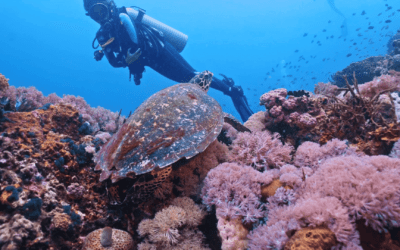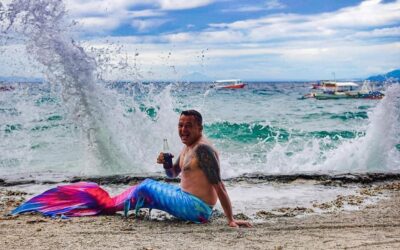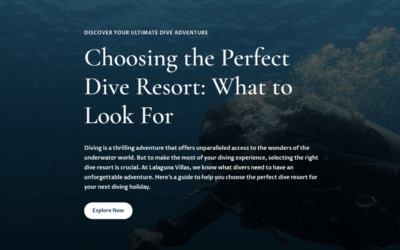What is involved in a PADI Night Diver course?
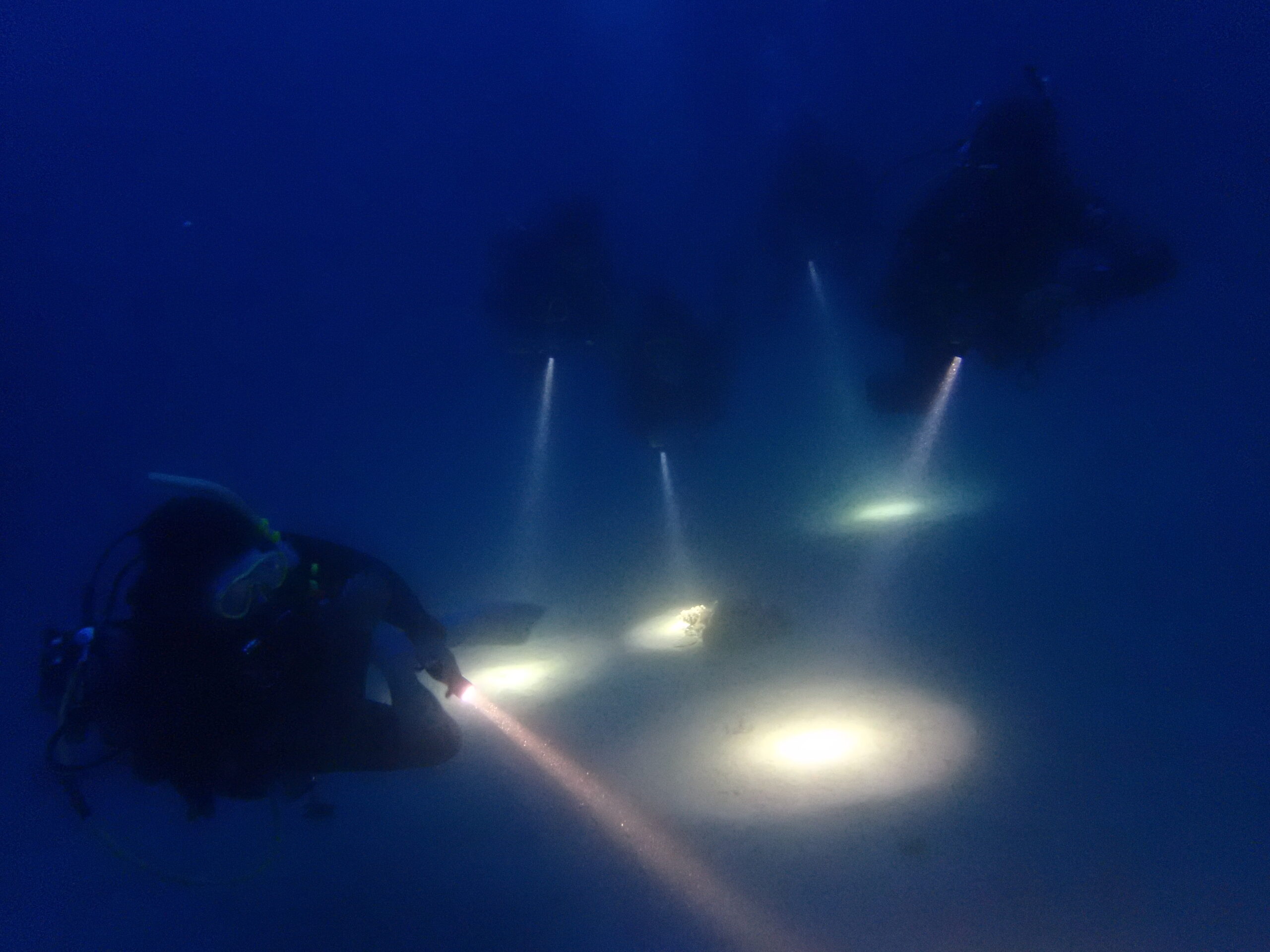
Diving at night can be exhilarating, thrilling, and surprising – with different creatures to see and different behaviours to observe.
Exploring pitch black waters by flashlight may not sound like everyone’s idea of a good time, but for those of us in the know, sometimes there is nothing so fun as spotting an octopus jetting across the sea bed in the light of your torch, or seeing the mating dance of a pair of elusive mandarin fish.
Anyone with a PADI Open Water certification is qualified to join a dive boat making a night dive – although we would recommend taking suitable precautions like going with an experienced divemaster, and only diving a site you’ve dived in daylight that day – but a PADI Night Diver certification will definitely help you get the most out of your nocturnal underwater adventures.
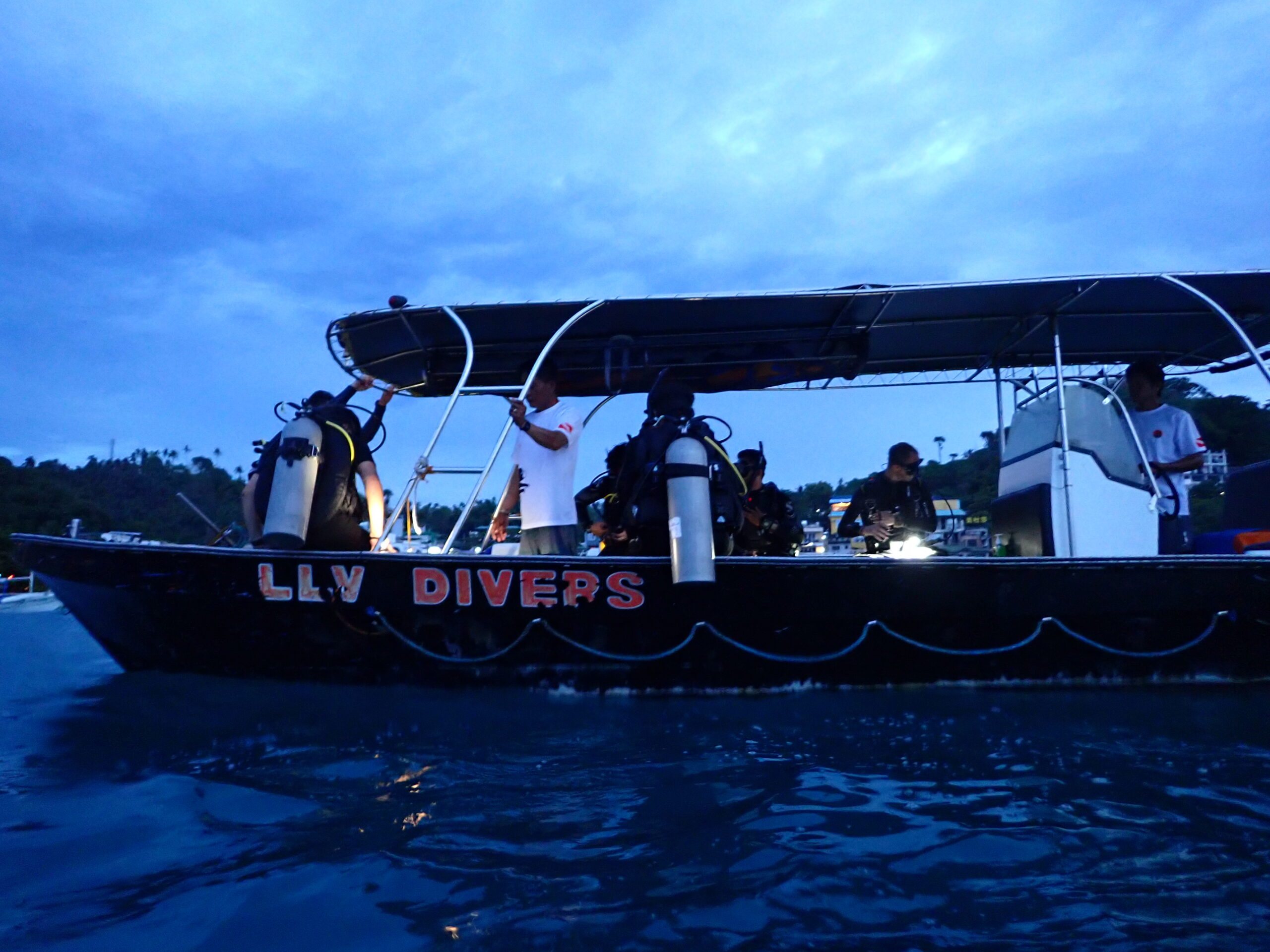
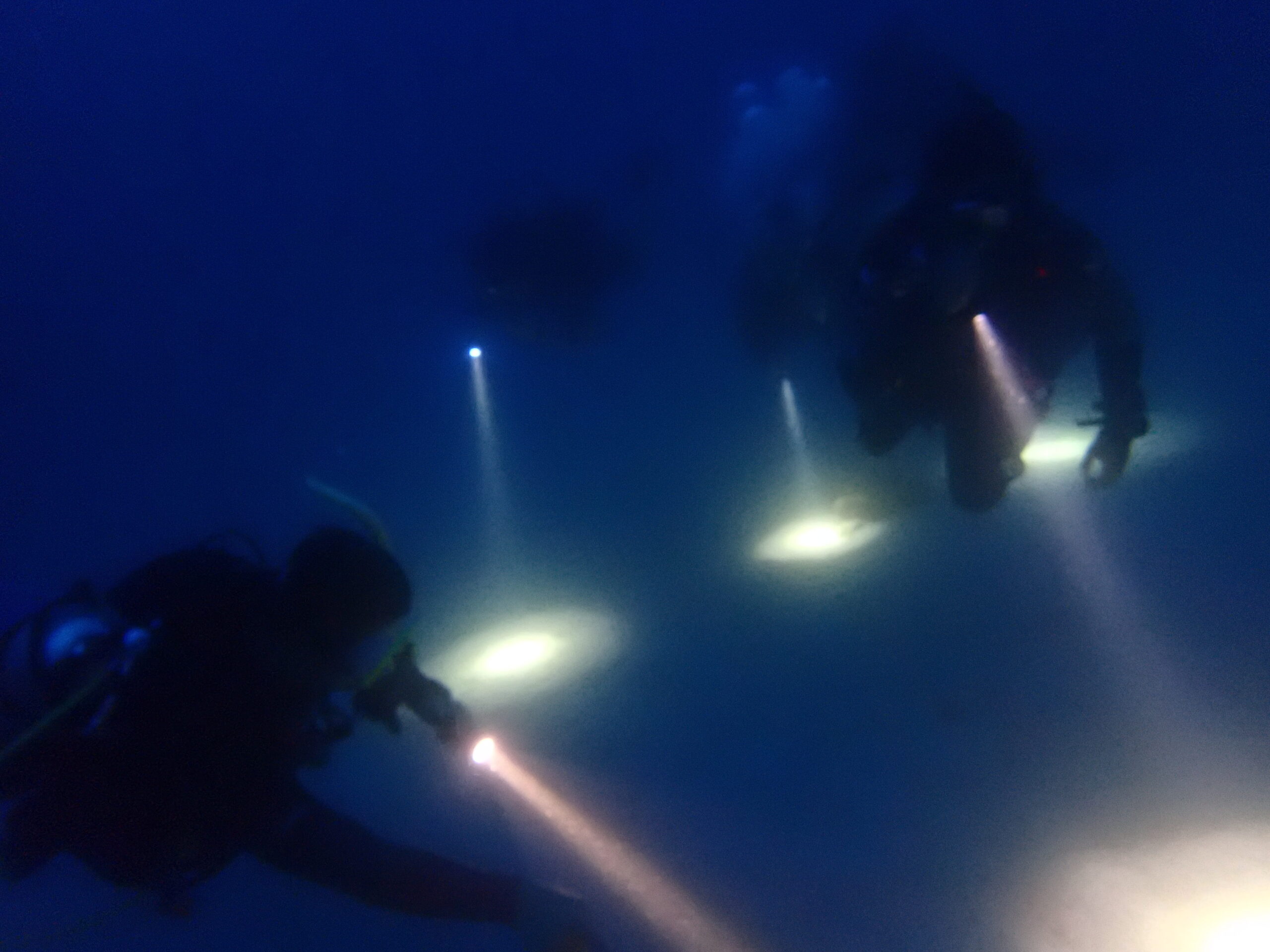
As one of more than two dozen PADI speciality courses – which also include disciplines like cave diver, wreck diver, sidemount diver and altitude diver – getting this qualification will also put you on your way to becoming a certified Master Scuba Diver, the organisation’s most senior amateur certification level.
Who is eligible for a PADI Night Diver course and certification?
You must be Open Water or (Junior Open Water) certified and be at least 12 years old, to enroll in the PADI Night Diver course.
Scuba diving requires a minimum level of health and fitness, and certain chronic health conditions, especially those affecting the heart, circulatory system, or lungs, may require you to get written approval from a doctor before diving.
What will I learn on the PADI Night Diver course?
Key elements included in the course include:
- Navigating at night underwater
- Making safe ascents and descents in the dark
- Using your dive light instead of hand signals for communication.
How long does a PADI Night Diver course take?
The e-learning can be completed within two to four hours.
The entire course tends to take two to three days. During your programme you’ll go on 3 open water dives.
You’ll learn to prepare night dive activities and develop your appropriate knowledge and techniques.
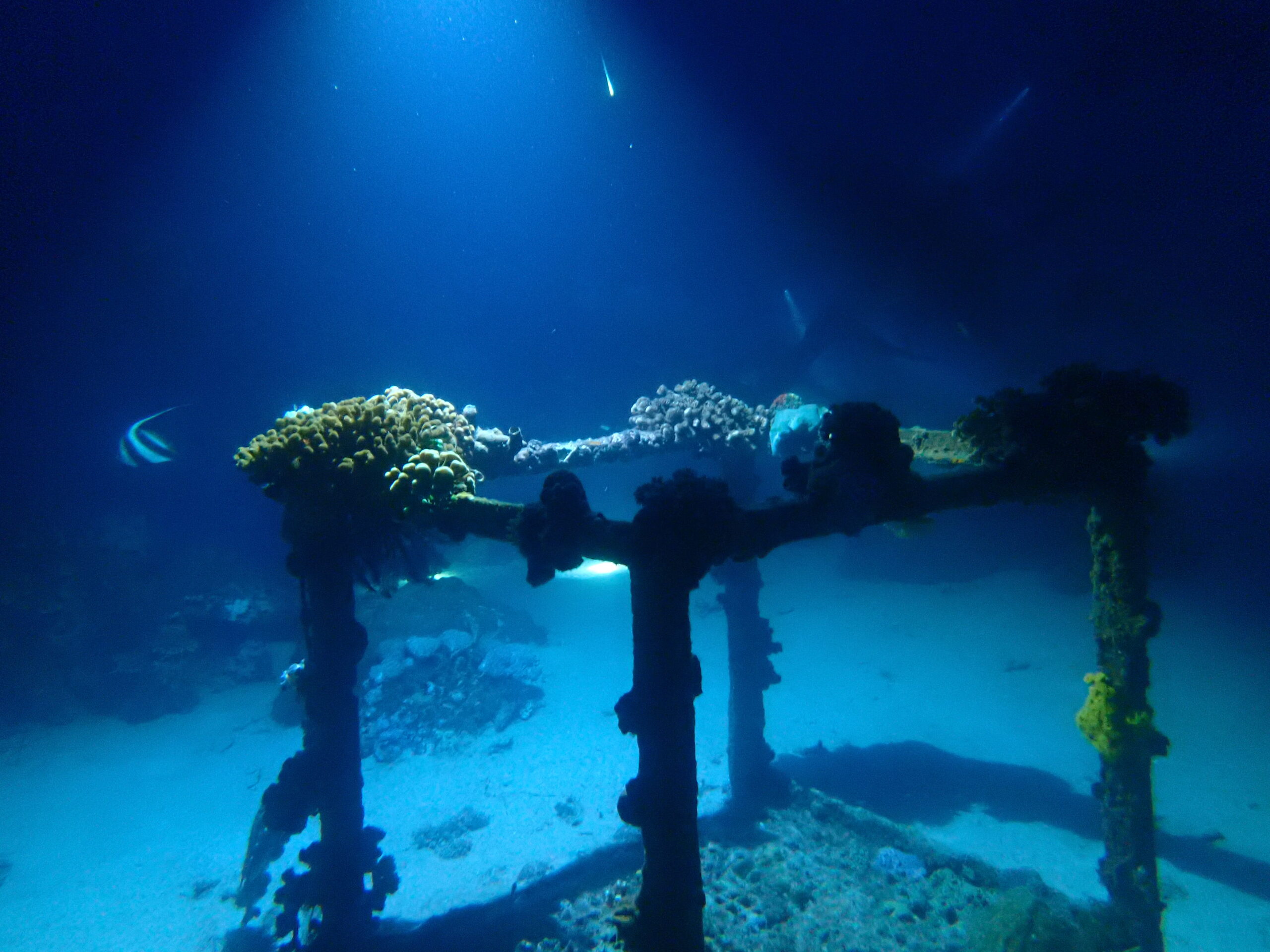
Costs and equipment
In addition to basic scuba gear, you will need a primary and backup dive light (torch).
Many people prefer to buy equipment (rather than renting) so you can learn with it during the course and become familiar with how it works.
You may also want additional exposure protection, such as a thicker wetsuit, hood or gloves, to stay comfortable while night diving, and during the boat trip back to shore where it can be considerably colder than during day dives.
The Night Diver course is one of the lower-priced and most popular speciality courses. For our latest course costs see here: https://lalagunavillas.com/diving-courses/
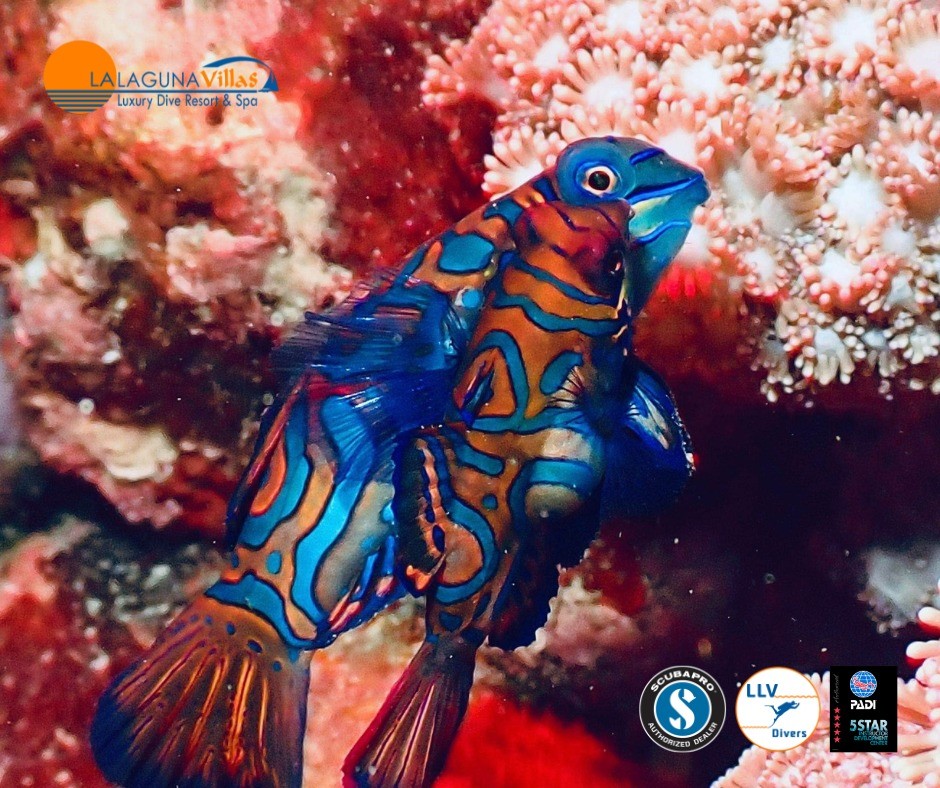
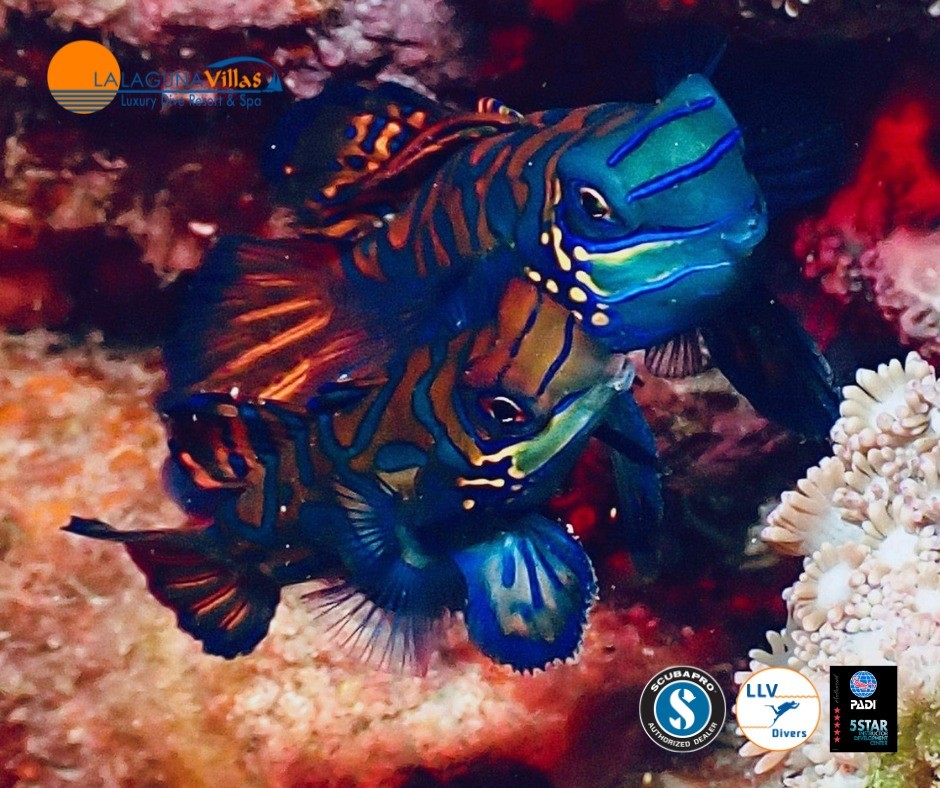
When can I start?
Right away! Have a look at our diving page for a list of courses and prices or get in touch.
Click over to our Accommodation Page to book a stay, or our Diving page to look at the courses and prices we offer, and get in touch: Phone: +63 917 570 3415 | WhatsApp / WeChat / Viber: +63 917 570 3415 | Email: info@lalagunavillas.com.ph | Go to our Contact Us page

